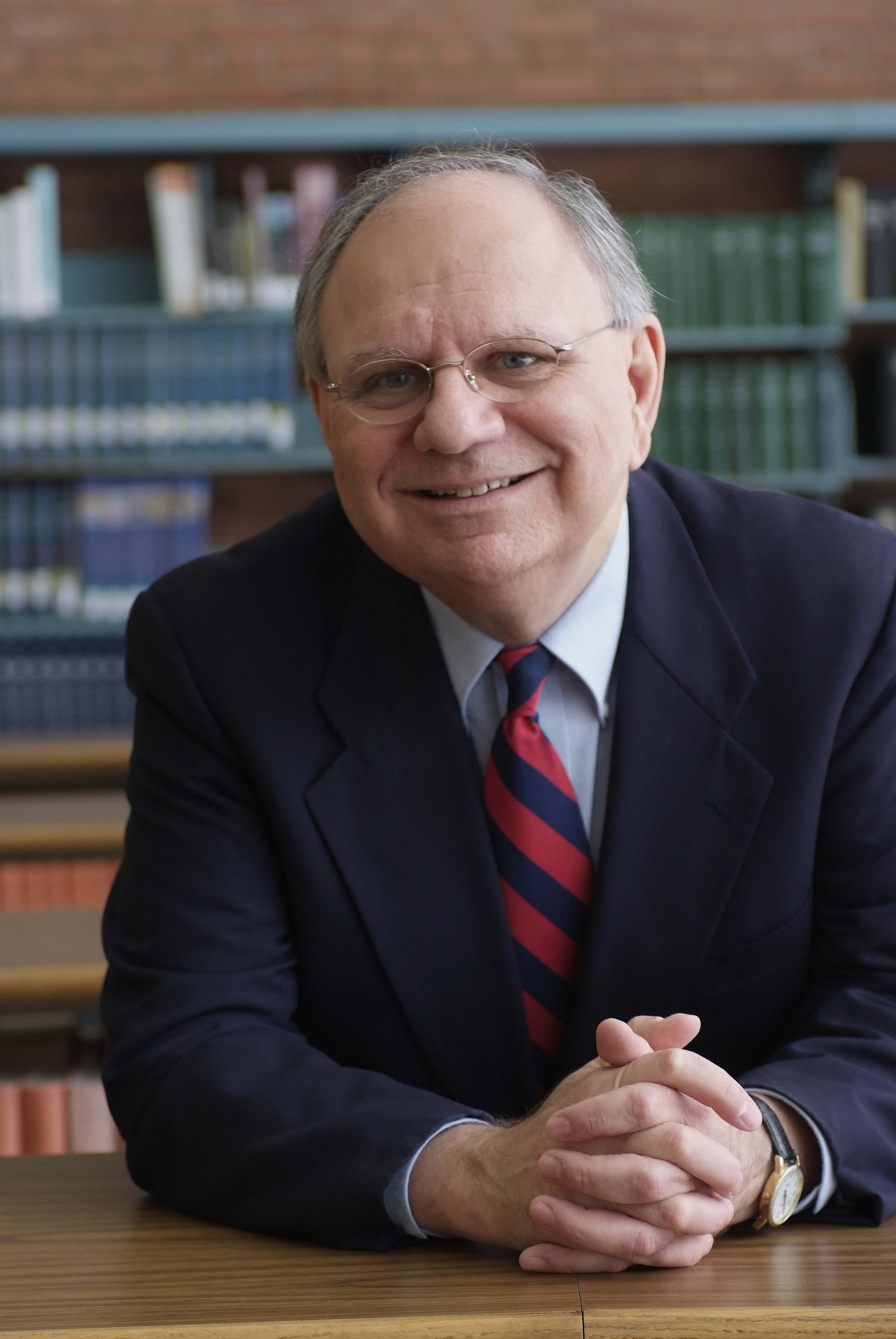Key points:
• Young elder numbers hit historic low.
• The percentage of young elders is lower than that of young deacons and young licensed local pastors.
• The percentage decline of young elders was only 1%, due to the overall decline of elders.

Photo courtesy of Wesley Theological Seminary.
Commentaries
Sixteen years ago, the newly established Lewis Center for Church Leadership issued its first report on clergy age trends among United Methodist clergy. The research emerged from an uneasiness about a perceived absence of young clergy compared to previous eras.
Working in partnership with the United Methodist Board of Pension and Health Benefits (now Wespath Benefits and Investments), the center opened a window on an alarming trend that illustrated the very low percentage of young clergy.
In 1978, 10 years after the formation of The United Methodist Church, 23% of active elders were younger than 35. By 1985, the proportion of young elders was still more than 15%. What we showed in that first age report was that by 2005, elders under 35 years old had reached a low point of 850 or under 5% of elders.
There followed a range of local initiatives from bishops, conferences and boards of ordained ministry. The United Methodist Board of Higher Education and Ministry’s Division of Ordained Ministry brought together those from across the denomination who wanted to make a difference. Legislative changes were made to help both with the framing and the process of entry into ordained ministry.
In 2012, the General Conference approved the Young Clergy Initiative and budgeted $7 million for the quadrennium. It was reapproved for approximately the same amount in 2016.
While growth was not even, there were gains in young elders until 2016 when there were over a thousand. Then the trend reversed. The loss in young elders since 2016 has been 261 with 80% of the losses coming since 2019. The decline since 2019 has been 24%. Just in 2021, there were 110 fewer young elders than in the year before. The 2021 number of young elders of 742 is not only a record-low number but more than 100 below the previous low in 2005.
Due to the overall decline in the total number of active elders in The United Methodist Church, the percentage of young elders in the pool of all active elders only declined 1% to 6%, still somewhat higher than in 2005. While many are understandably discouraged about the overall decline in elders, younger elders continue to be a significant though small cohort that need encouragement and support. The percentage of young elders is lower than that of both young deacons and young local pastors.
Last year’s report detailing the declining of young elders to a near historic low led to a significant response from readers. As a result, Dr. Ann A. Michel, associate director of the Lewis Center for Church Leadership, used several survey questions to ask those who have reservations about pursuing ordination more about the nature of their concerns. Her subsequent article, “What’s Keeping Younger People from Ordained Ministry in The United Methodist Church,” has been read and widely shared.
The full report, “Clergy Age Trends in The United Methodist Church, 1985-2021,” covers age trends for all elders, including the identifying of conferences that have larger numbers of young elders and the latest figures and trends for elders, deacons and local pastors by annual conference.
The Rev. Lovett H. Weems Jr. is distinguished professor of church leadership and senior consultant of the Lewis Center for Church Leadership at Wesley Theological Seminary in Washington.
Like what you're reading? Support the ministry of UM News! Your support ensures the latest denominational news, dynamic stories and informative articles will continue to connect our global community. Make a tax-deductible donation at ResourceUMC.org/GiveUMCom.



